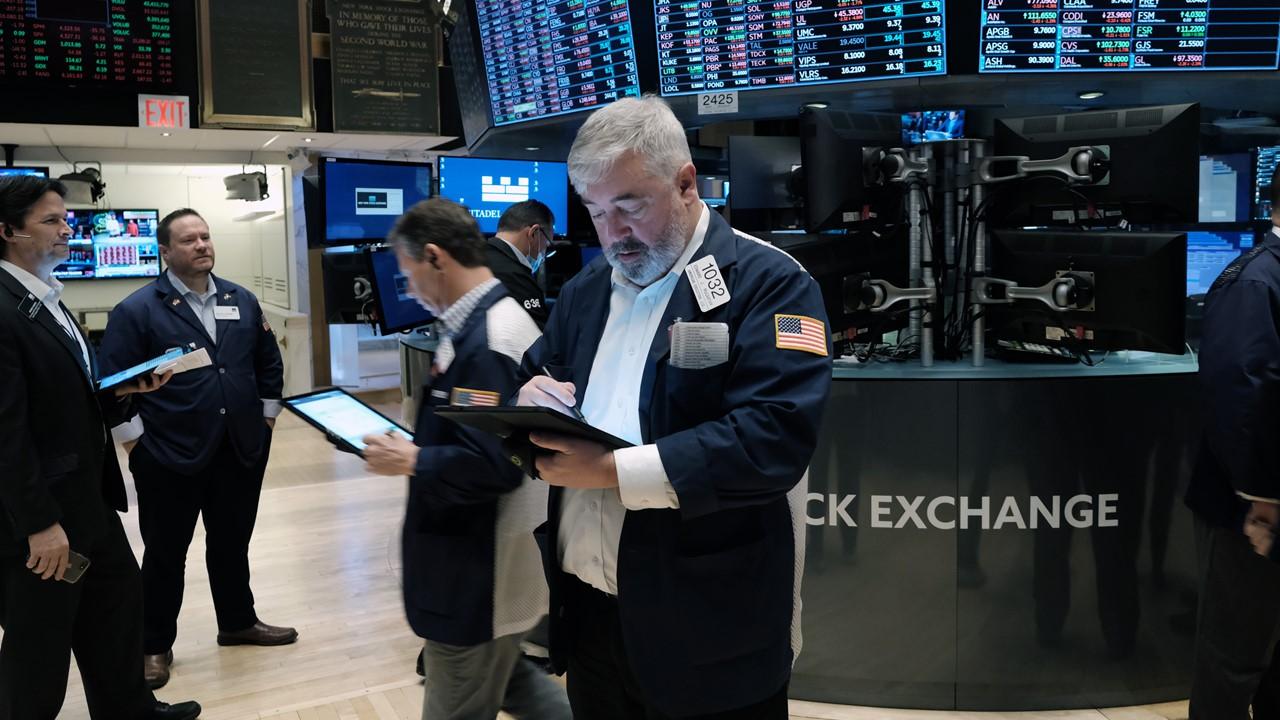How to Invest in a Recession: Stocks to Buy and Stocks to Avoid
As the yield curve inverts, there are concerns about a recession. Are we heading for another recession? Here's how to invest in a recession.
March 31 2022, Published 9:44 a.m. ET

A few months ago, a recession wouldn't have been one of the concerns for most investors. However, things have changed considerably during the last month. Recession fears have risen since Russia invaded Ukraine. Inflation has been rampant, which led the Fed to raise interest rates. Many people are concerned about whether the Fed can tread this path of controlling runaway inflation without dipping the economy into a recession. What's the best way to invest in a recession?
A recession occurs when there's a sustained decline in the gross domestic product for two or more consecutive quarters. Another key signal of a coming recession is the yield curve inversion. The U.S. yield curve has inverted with the five-year yield rising above the 30-year yield. Yield curve inversion happens when long-term interest rates fall below short-term interest rates. A yield curve inversion has preceded every recession.
How should you invest in a recession?
The first instinct when a downturn strikes might be to sit tight, be conservative, and wait the recession out. However, you should note that most recessions last for a few months or a few quarters. While they run, they could provide some tremendous opportunities. Investing during a recession isn't just a matter of shielding yourself from the downturn but also having long-term gains when one subsides.

Don’t try to time the market, which almost always turns out to be a futile exercise. Instead, try to invest incrementally and follow some form of dollar-cost averaging.
Stick to recession-resistant industries and stocks.
Investing in stocks could prove to be worthwhile, especially since some of them might start looking cheap as investors sell everything risk-related. However, give it a few months and the stocks' fundamentals will catch up and the valuations will go up again. So, at these points, it might be better to "buy the dip."
In general, consumer goods, discount retail, energy, and healthcare are some of the so-called "recession-proof" industries. Walmart, Dollar Tree, and Johnson & Johnson are some of the stocks for these industries.
If you want your portfolio to fluctuate less, it might be a good bet to add some dividend stocks. They will give you a steady return while the market gets back on track. Coca-Cola, 3M, Kinder Morgan, and Intel are some dividend stocks.
However, if you're a little more risk-tolerant, you can try to spot businesses with good fundamentals, which are well-positioned to keep thriving in 10–20 years. Netflix, Amazon, and Shopify are examples of companies with good fundamentals.
There are other types of investments to consider during a recession.
Investing in ETFs or stock funds could also be beneficial during a recession. These funds offer the benefits of investing in a portfolio of stocks and provide diversification. If you can tolerate short-term volatility, you could potentially have some decent long-term gains since you can buy them for less money (relatively speaking) during a downturn. The S&P 500 index fund could be one of the well-diversified stock funds that could give you exposure to the market as a whole.
Investors should avoid certain companies during a recession.
While many companies might start looking cheap during a recession, it isn't a good idea to invest in companies that have taken a beating. They might be cheap for a reason. Many weak companies go bankrupt during a recession.
